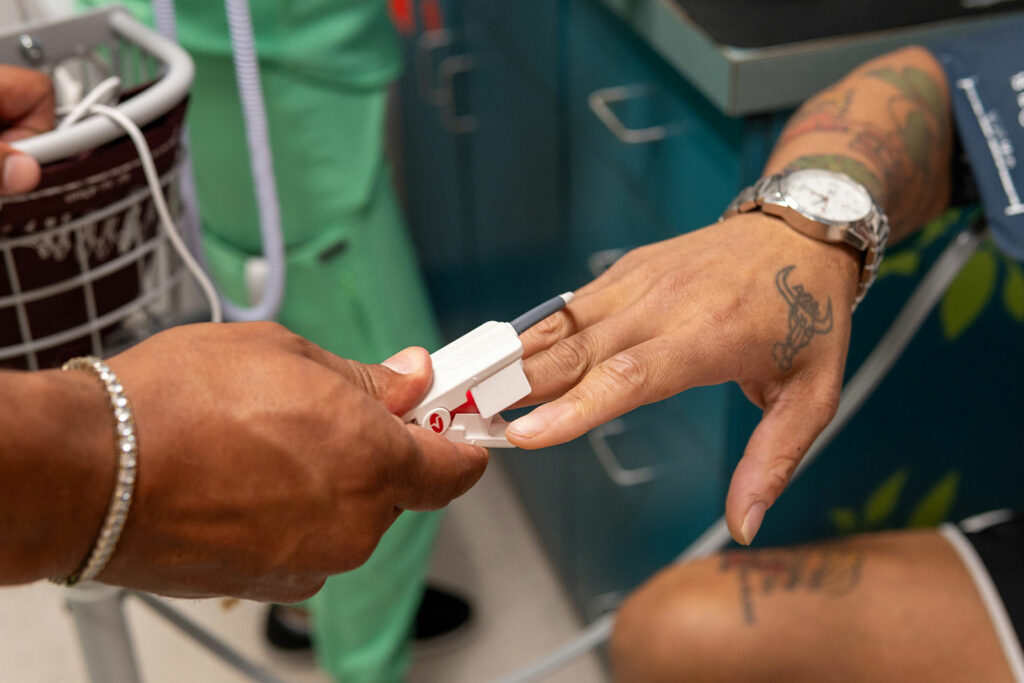Post-exposure prophylaxis (PEP) is a month of a complete antiretroviral regimen taken within 72 hours (3 days) after a possible exposure to HIV to prevent the virus from establishing itself in your body.
Is related to sexual activity as well as an occupational risk. The chances of effective PEP improve when it is started in the
closest way to exposure and with perfect compliance with the medication
regimen.
PEP is most effective when starting close to exposure. Even though PEP only protects from HIV infection, when it is done with a holistic medical approach, it may reduce the incidence of Sexually Transmitted diseases. STDs.
The sooner you start PEP, the better. Every hour counts. PEP is not a substitute for regular use of other HIV prevention. PEP is not the right choice for people who may be exposed to HIV frequently. PEP is not recommended after 72 hours of exposure.
PEP was first attempted for HIV prevention in the 1980s among health care workers who experienced occupational exposures.

Contact us online at the form below, and a representative will be in touch with you as soon as possible.